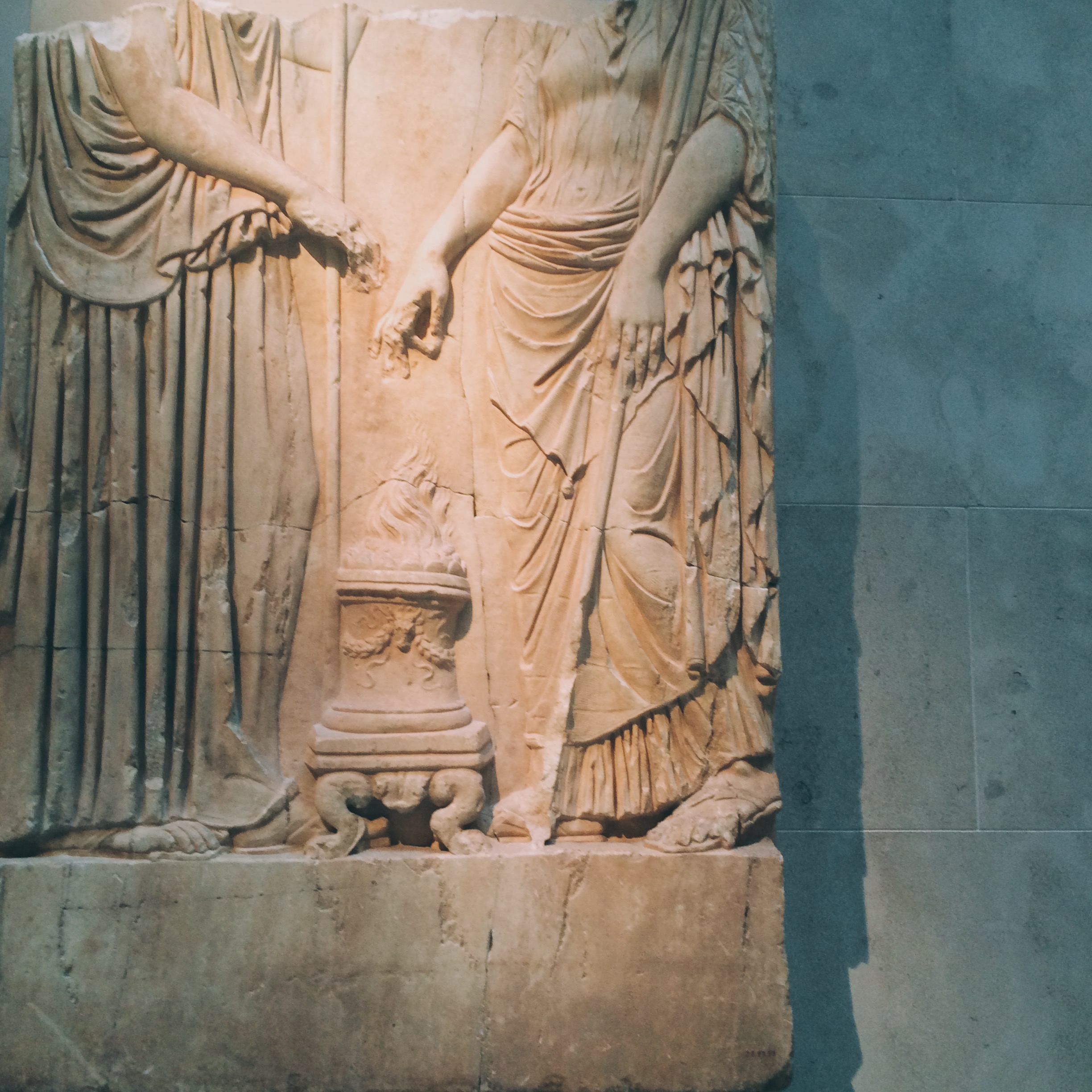 The end of the Spring Semester is rapidly approaching. Now is the time to plan for the upcoming academic year. Here are the graduate courses to be offered during the Fall Semester 2018. Stay tuned for the Spring offerings in the coming weeks!
The end of the Spring Semester is rapidly approaching. Now is the time to plan for the upcoming academic year. Here are the graduate courses to be offered during the Fall Semester 2018. Stay tuned for the Spring offerings in the coming weeks!
Theory and Methods
HIST 5300: History, Theory, and Methods: The Historian’s Tools
Dr. Grace Shen will be leading this course, taking place Wednesdays 5:30-8:00pm.
U.S. History
HIST 5105: The Black Radical Tradition In Comparative Perspective: U.S. and the Caribbean
Join Westenley Alcenat on Tuesdays 5:30-8:00pm for a course which he describes below:
“The purpose of this class is to provide an intensive exploration of these multiple geographical nodes and their many historical dimensions. In this regard, particular attention will be given to approaches in the transnational roots of African-American radical political thought in U.S history and its connections (or disconnections) to Afro-Caribbean political thought. The Black Radical Tradition will be the primary lens through which the course focuses on the racial, migratory and gendered experiences of African-Americans from the late eighteenth, nineteenth, to the mid-twentieth centuries.”
HIST 5734: U.S. Culture and Society to 1877
Dr. Sal Acosta will be leading this course on Thursdays 2:30-5:00pm. Take a look at his description below:
“This course examines American culture and society through important scholarly works in the field. It is designed to provide an introduction to majorhistorical debates and the methodological approaches for beginning graduate students as well as prepare doctoral students for their comprehensiveexamsin American history. Topics to be covered may include the role of social institutions and the significance of class, gender, culture and race, particularly in connection to colonial life, the revolutionary period, the early republic, the Civil War, and Reconstruction.”
European History
HIST 5200: Renaissance Spain: Festive Republics, Rights, Liberties and Inquisitions
This Fall, Dr. Elizabeth Penry is teaching a new course that meets on Mondays 2:30-5:00pm. For more information, check out her course description:
“Renaissance era Christians in Castile, the great central region of the Iberian Peninsula that forms the core of modern Spain, were guaranteed their rights and liberties as citizens of town-republics through written charters. These town-republics sent delegate to the Cortes, the representative assembly that consulted with the King. Collective life in the towns, whether confraternities celebrating their saints or open town council meetings of all citizens, created the corpus mysticum of the commonwealth that for Spaniards, was the town. This seminar examines urbanism, collective public life, and the growth of the modern state in Renaissance Spain through topics such as: the influence of Islam on Iberian towns, conflict between towns and crown, confraternities and saints’ celebrations, public welfare, the creation of the archive and religious minorities and the inquisition.”
HIST 6350: European City, 1700-2000
Join Dr. Rosemary Wakeman on Mondays 5:30-8:00pm for a course, which is described below:
“This course concentrates on theoretical and interpretive approaches to the study of the city and urban life. It considers the transformation of urban space and culture from the eighteenth century to the present during which commercial capitalism, industrialization, and massive human migration remade basic social and cultural relationships. Among the key factors of investigation are class and mass culture, gender, production and consumption, accumulation and cultural display, architecture and planning, and the evolution of urban space and topography.”
Medieval History
HIST 6077: The Angevin Empire
Dr. Nicholas Paul will be teaching this course on Tuesdays 2:30-5:00pm. Check out his course description below:
“From the middle of the twelfth until the first quarter of the thirteenth centuries, one dynasty, the house of Anjou, were the effective rulers of anenormous agglomeration of kingdoms and principalities which stretched from the North Sea to the Mediterranean and encompassed England, large parts ofIreland, Wales, and nearly half of the territory which today constitutes modern France. Following a wave of renewed scholarly interest in the politicsand culture of this period, this class will explore this short-lived but powerful domain, its lands, peoples, and rulers. Among other topics, we willexplore the dynamic lives and cultures of the court, strategies and technologies of governance, politics and their diplomacy, the extraordinary phenomenon of the Third Crusade, and the legacies of the Angevin dominion in England and France after the conquest of Normandy 1204.”
HIST 7110: Church Law and Medieval Society (PROSEMINAR)
On Thursdays 5:30-8:00pm, join Dr. Wolfgang Mueller for the first half of this year long course. See his description below:
“This course will consist of a two-semester proseminar/seminar sequence inviting graduate students to formulate and conduct original research projectsin the field of medieval church law. The proseminar will be devoted to surveying bibliography and research tools that are important for investigations into the subject. It will also help students to define their topics.”
Check out the History Department course page at Fordham.edu for full descriptions!
